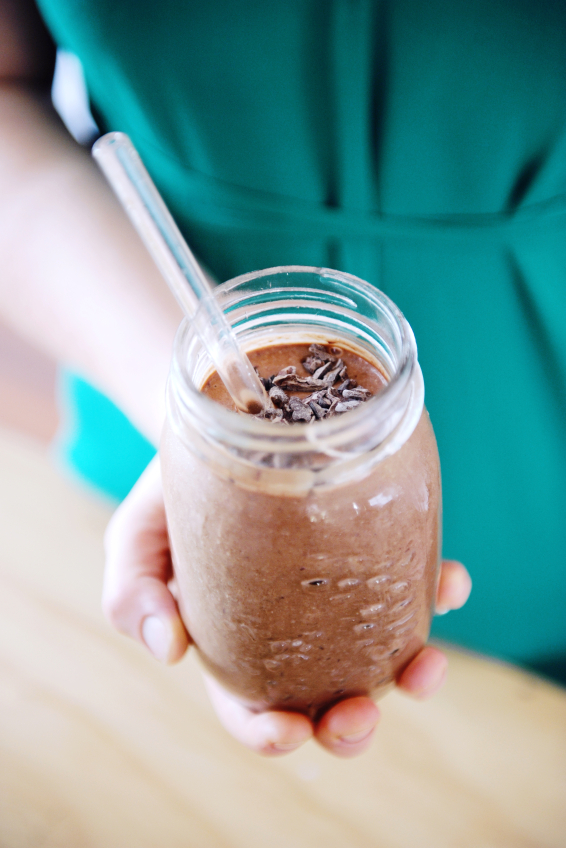Natural Remedies for Your Menopause Symptoms
Maca For Menopause Symptoms
Maca for menopause symptoms is an ancient remedy that improves energy, stamina and libido. It can help menopausal women balance their hormones naturally. But modern women almost lost their access to this superfood.
About 50 years ago maca was on the brink of extinction. Thanks to the efforts of a single Peruvian researcher, the maca plant was saved. Gloria Chacon de Popovici, Ph.D., a biologist, conducted studies beginning in the 1960’s showing that maca increases fertility in rats, dogs, guinea pigs, rams, cows and humans.
Among traditional peoples in Peru, maca has long been treasured for it aphrodisiac qualities. Modern research is now lending scientific support to the wisdom of the ancients.
Maca is a root vegetable that has been cultivated in the Peruvian Andes for over 2,600 years. Growing at about 10,000 feet above sea level, it is the highest altitude crop in the world.
It's a member of the Brassica family that also includes broccoli, cauliflower, kale, cabbage, and Brussels sprouts.

In postmenopausal women, maca has been found to reduce psychological symptoms, including anxiety and depression, and improve libido.
Although maca grabs headlines for its aphrodisiac qualities and its reputation as a natural Viagra, it has many other health benefits.
Maca is an Adaptogen
According to David "Avocado" Wolfe, author of Superfoods: The Food and Medicine of the Future, maca is a powerful adaptogen or nutritive substance that counters adverse sources of stress and allows the body to adapt naturally to stressful conditions.
Adaptogens also help to improve the body’s natural balance or homeostasis. As a result Wolfe says, maca "increases energy, endurance, oxygen in the blood, physical strength, neurotransmitter production, and libido. It supports the endocrine system, the adrenals, and the thyroid, typically improves one’s mood, and helps support healthy hormone production."
Maca has been recommended for everything from impotence and infertility to depression, hot flashes, stress and memory loss.
How Does Maca Work For Menopause?
How does maca for menopause work its magic? One way is that it stimulates the hypothalamus and pituitary glands which in turn regulate the other glands in the body. It can bring balance to the adrenal, thyroid, pancreatic, and ovarian glands.
Typically dried and powdered, maca is rich in calcium, magnesium, phosphorous, potassium, sulfur, sodium and iron as well as vitamins B1 (thiamin), B2 (riboflavin), C and E. It also contains zinc, iodine, copper, selenium, manganese and silicon.
Compared to the potato which also originated in the Andes, maca contains five times more protein and four times more fiber.
How Much Maca To Take For Menopause?
Wolfe recommends 1 to 2 tablespoons of maca daily and points out that studies have shown no toxicity or pharmacological effects.

Maca has a butterscotch aroma but a funky turnip flavor that can be a little strong for some people. Don't let that stop you.
Add powdered maca to green or chocolate smoothies, salad dressings, soups, broth, tea or coffee.
When buying maca for menopause symptoms, look for the organic, raw, dried, powdered root. You can find it in local health food stores or on-line. A good brand is Navitas.





